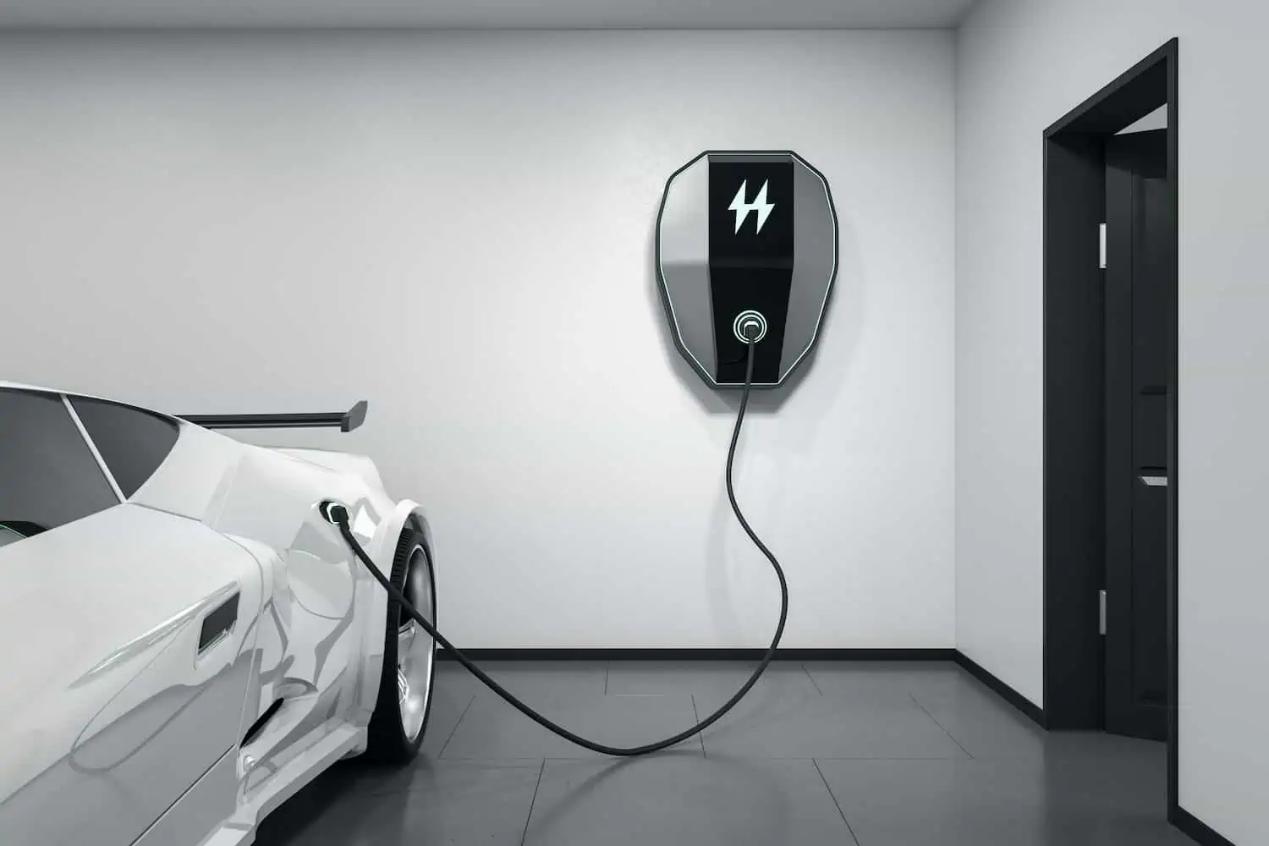Smart EV Charger Market: COVID-19 Analysis

Supply Chain Disruptions: The global supply chain for electronic components, including those used in smart EV chargers, experienced disruptions due to lockdowns, factory closures, and transportation restrictions. This led to delays in manufacturing and delivery of charging equipment.
Economic Uncertainty: Economic uncertainty and reduced consumer spending during the pandemic initially slowed down the adoption of electric vehicles and smart EV chargers. Consumers were more cautious about making significant investments in electric mobility.
Impact on Electric Vehicle Sales: The automotive industry, including electric vehicle manufacturers, faced challenges during the pandemic. Reduced vehicle production and sales had a direct impact on the demand for EV chargers.
Shift in Consumer Behavior: During lockdowns and travel restrictions, many consumers reduced their driving and, consequently, their charging needs. This temporary reduction in mobility affected the utilization of charging infrastructure.
Government Policy Changes: Some governments temporarily redirected their focus and resources away from electric mobility initiatives to address the immediate public health crisis. This, in turn, impacted the pace of EV charger deployment.
Home Charging vs. Public Charging: With more people working from home, the importance of home charging solutions increased. Some consumers delayed the installation of public chargers in favor of home-based charging solutions.
Post time: Oct-25-2023








